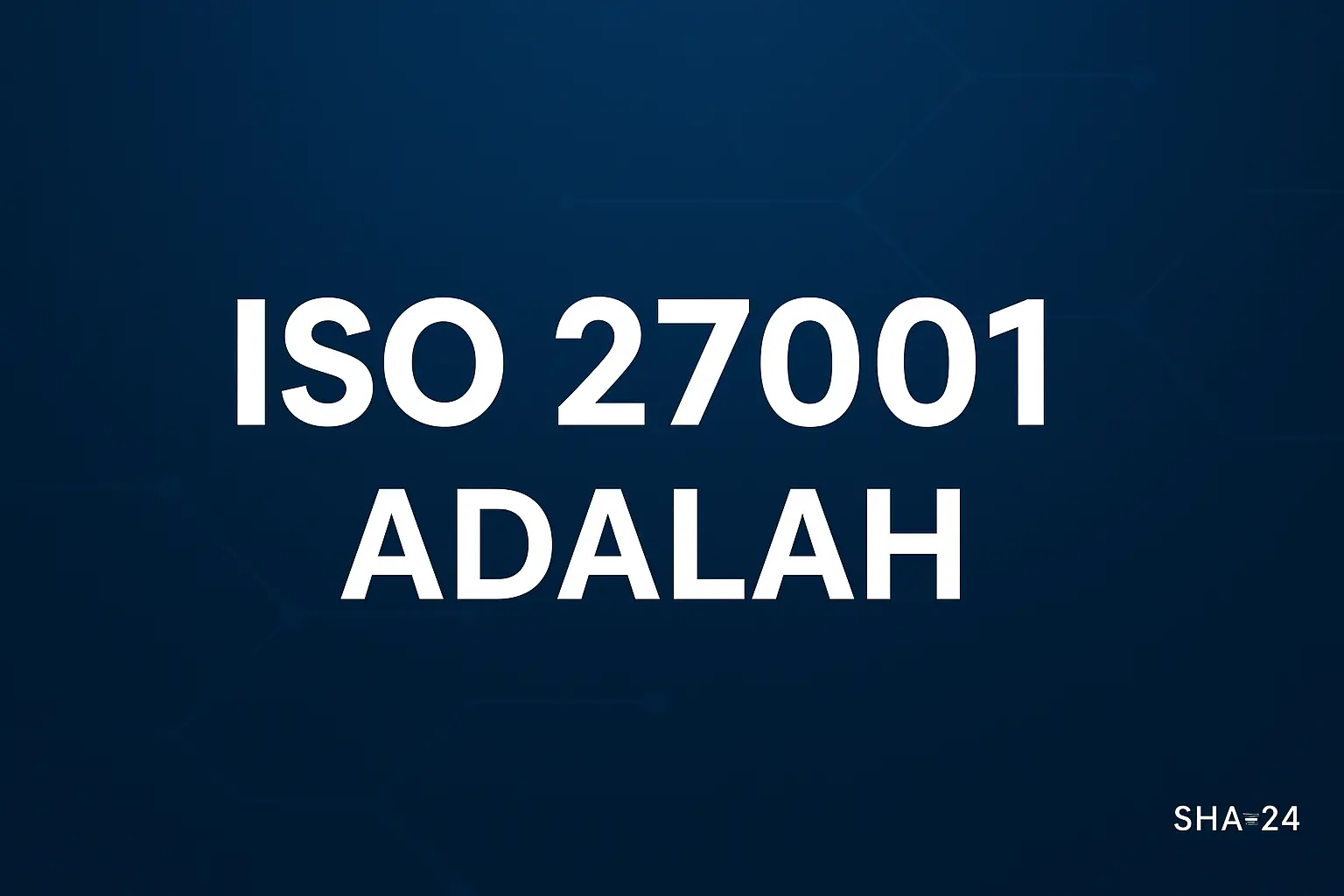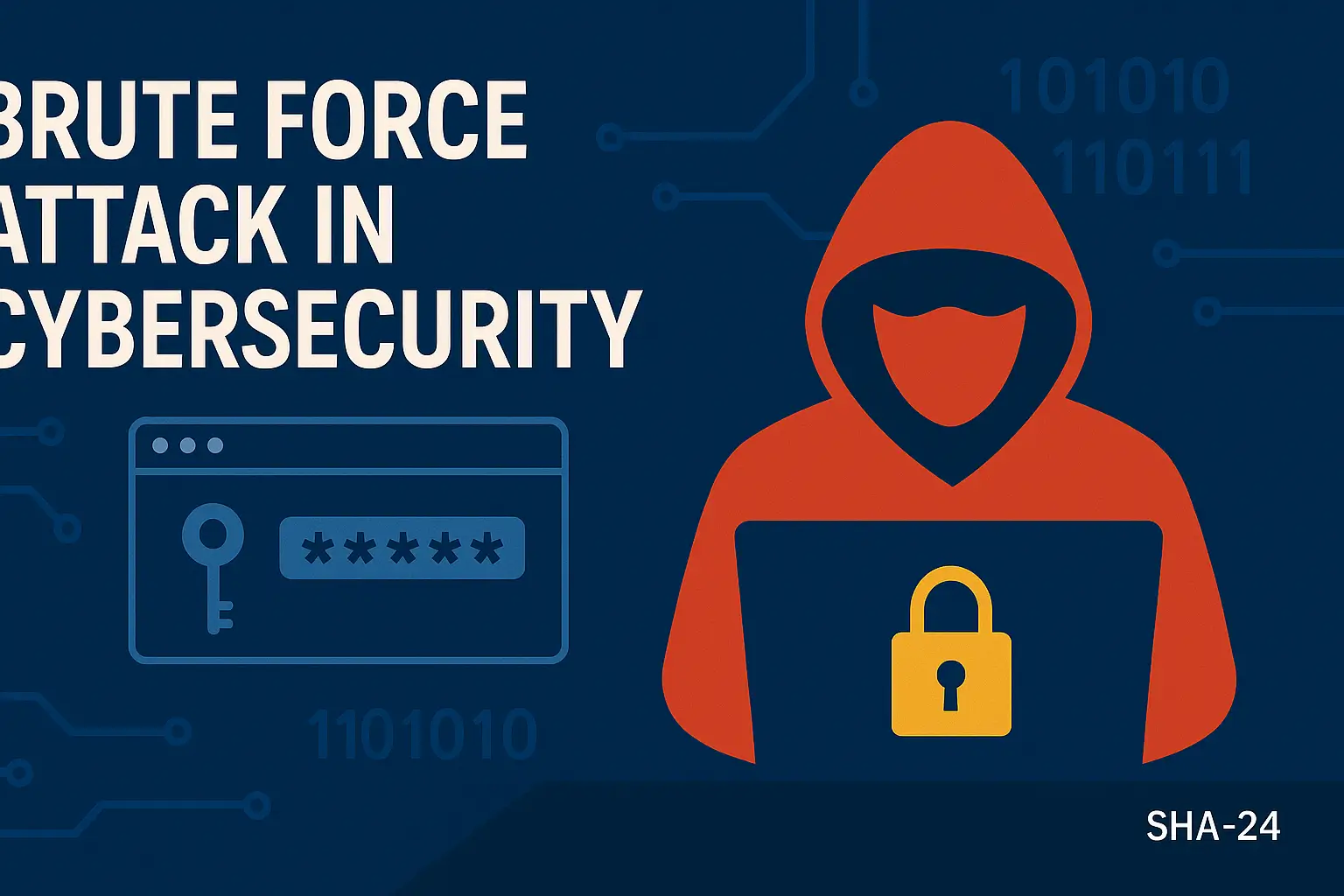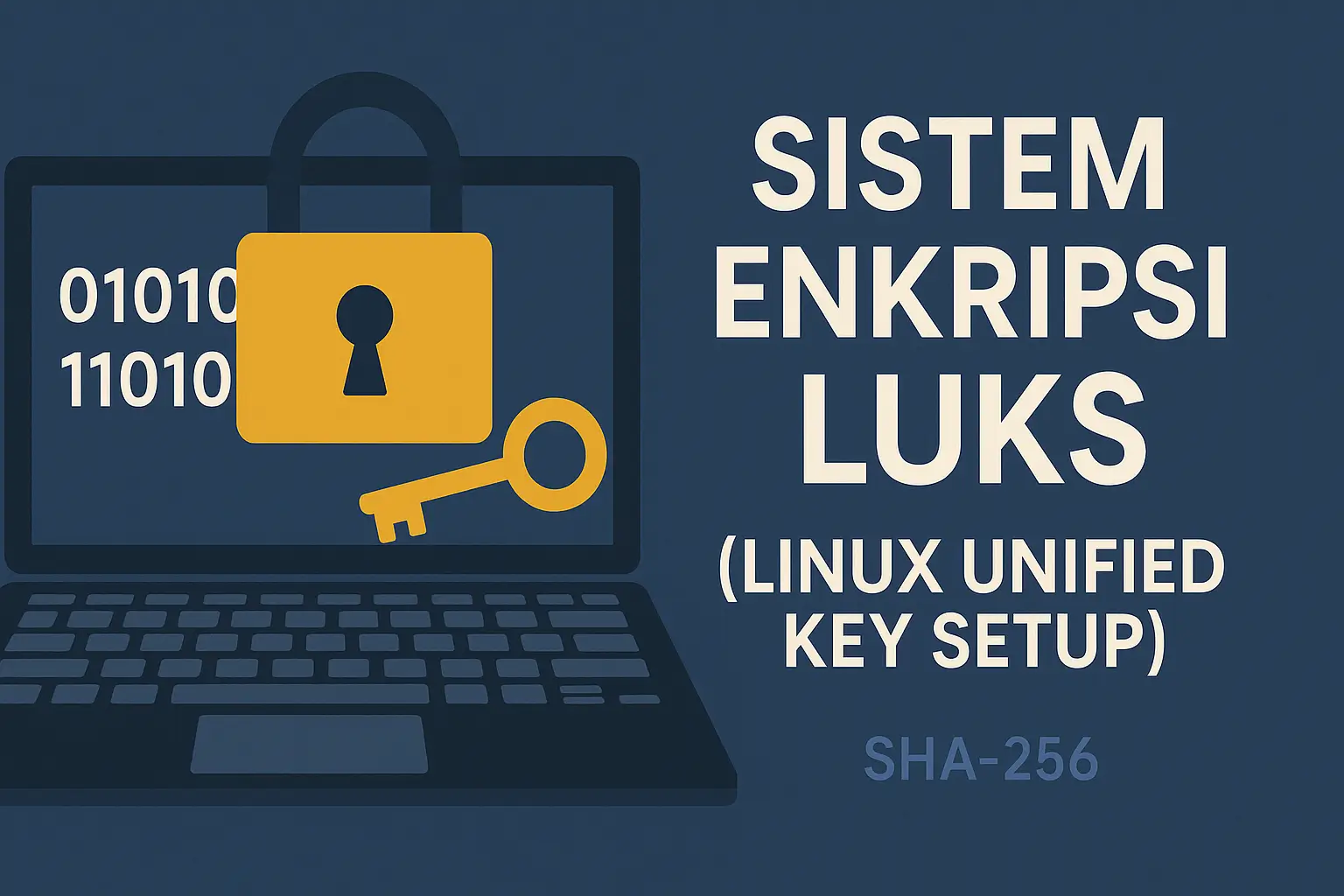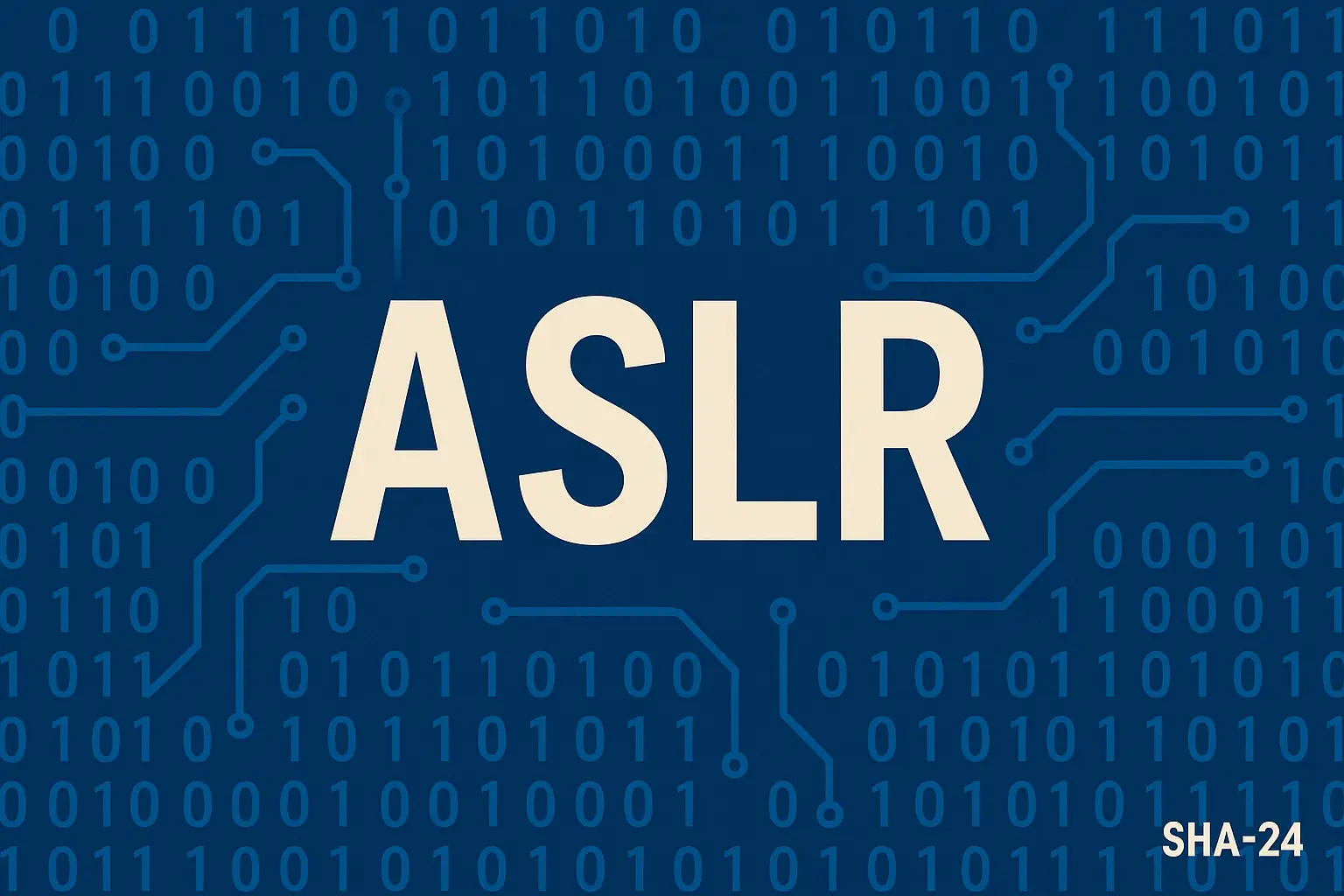Published on Jul 26, 2025
ISO 27001 Is: A Complete Guide to International Information Security Standards

In the increasingly digital era, data and information protection has become a primary requirement for every organization. ISO 27001 is one of the most important international standards designed to manage and secure sensitive information. This article will discuss ISO 27001 in depth, its benefits, the certification process, and its implementation in Indonesia.
What is ISO 27001?
ISO 27001 is an international standard that specifies requirements for an Information Security Management System (ISMS). Published by the International Organization for Standardization (ISO) and the International Electrotechnical Commission (IEC), it aims to assist organizations in systematically and sustainably managing the security of their information assets.
ISO 27001 encompasses policies, procedures, processes, and controls designed to protect the confidentiality, integrity, and availability of information.
Main Objectives of ISO 27001
ISO 27001 aims to:
- Ensure information security from unauthorized access
- Manage information security risks efficiently
- Increase customer and business partner trust
- Ensure compliance with regulations and laws
- Reduce the likelihood of security incidents
Benefits of ISO 27001 Certification
ISO 27001 certification provides many benefits, including:
1. Improved Information Security
By implementing structured security controls, companies can protect critical data from internal and external threats.
2. Regulatory Compliance
ISO 27001 helps organizations comply with various regulations and industry standards, such as GDPR, HIPAA, or the Indonesian Personal Data Protection Act.
3. Competitive Advantage
Companies with ISO 27001 certification are more trusted by clients and business partners because they demonstrate a commitment to information security.
4. Improved Risk Management
ISO 27001 emphasizes a risk-based approach, enabling organizations to proactively identify, assess, and manage information security risks.
5. Operational Efficiency
Documented and systematic processes help improve efficiency and consistency in information security management.
Key Components of ISO 27001
ISO 27001 is based on the PDCA (Plan-Do-Check-Act) cycle and consists of several key components, namely:
- Organizational Context: Understanding internal and external needs and stakeholders
- Leadership: Top management commitment to the ISMS
- Planning: Identification of risks and opportunities, and necessary actions
- Support: Availability of resources, competence, and effective communication
- Operation: Implementation of planned controls and processes
- Performance Evaluation: Internal audits and management reviews
- Improvement: Corrective actions and continual improvement
ISO 27001 Certification Process
The following are the general steps in obtaining ISO 27001 certification:
- Readiness Assessment (Gap Analysis): Assessing the extent to which the existing information security system complies with the ISO 27001 standard.
- ISMS Planning and Development: Developing the necessary policies, procedures, and controls.
- ISMS Implementation: Implementing the security system in accordance with established documentation.
- Internal Audit: Conducting internal evaluations to ensure compliance.
- External Audit: Conducted by an independent certification body.
- Certification: If found to meet the requirements, ISO 27001 certification will be awarded.
Implementation of ISO 27001 in Indonesia
In Indonesia, awareness of the importance of information security is increasing, especially with the enactment of the Personal Data Protection Law. Many companies, particularly in the financial, banking, telecommunications, and technology sectors, have begun adopting ISO 27001 as part of their security strategy.
Several government institutions have also begun implementing ISO 27001 to ensure the protection of public data and national information systems.
Challenges in Implementing ISO 27001
Despite its many benefits, implementing ISO 27001 also presents challenges, such as:
- Implementation Costs: Includes training, audits, and consulting costs
- System Complexity: Requires a systematic approach and change management
- Long-Term Compliance: Requires ongoing commitment and monitoring
Tips for Successfully Implementing ISO 27001
- Support from Top Management: Commitment from the organization’s leadership is crucial.
- Training and Awareness: All employees must understand the importance of information security.
- Use Experienced Consultants: If possible, involve ISO experts to expedite the process.
- Integration with Other Management Systems: ISO 27001 can be combined with other standards such as ISO 9001 or ISO 22301.
- Periodic Evaluation and Review: Continuously conduct internal audits and continuous improvement.
Conclusion
ISO 27001 is a crucial foundation for ensuring information security in the digital age. With proper implementation, organizations not only protect their valuable data but also build trust with customers and stakeholders. While implementation requires investment and commitment, the long-term benefits are significant.
Implementing ISO 27001 is not just about achieving certification, but about building a sustainable information security culture that adapts to evolving digital risks.





